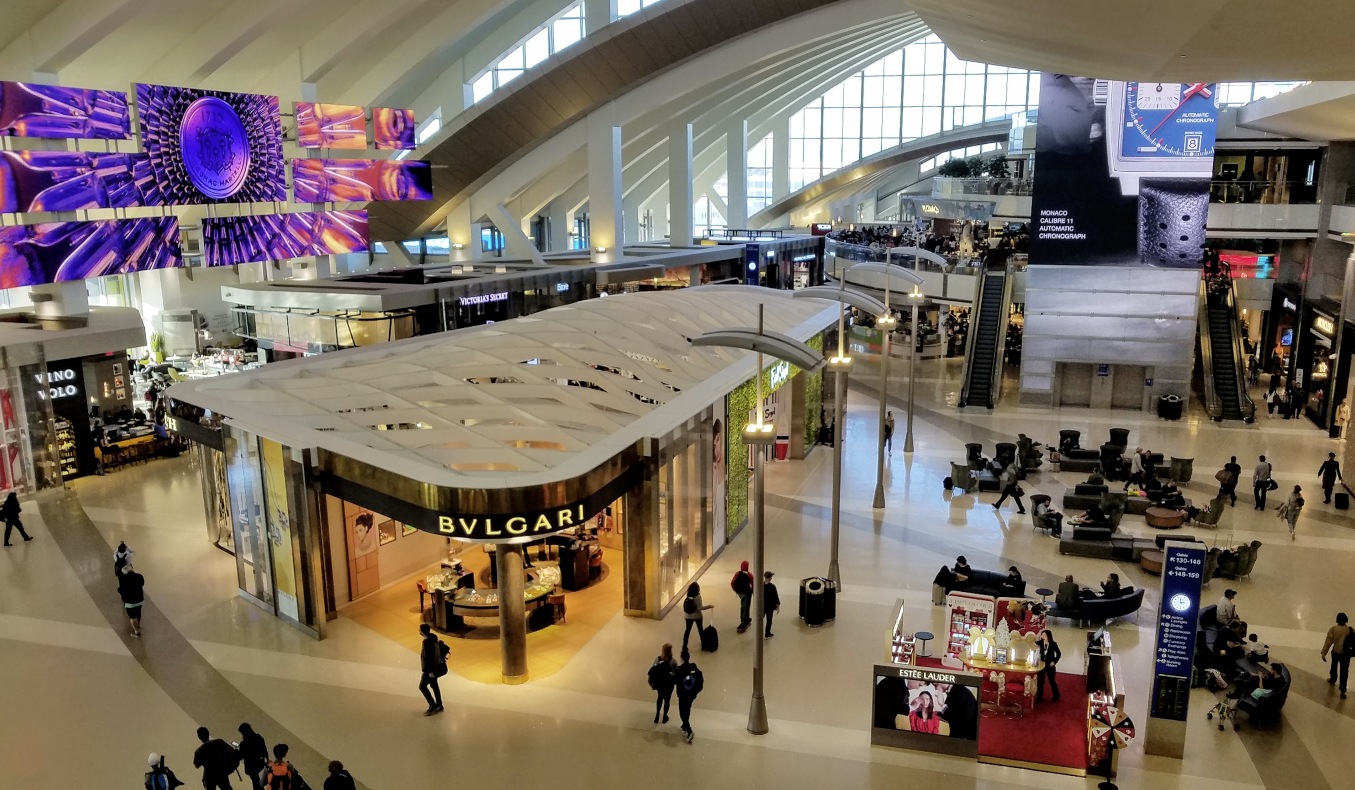There’s only one Black Friday strategy you need to win, and collectors of frequent flyer miles are very familiar with this thinking already because there’s a trap we all have to be careful not to fall into. I wrote “This Game Is Not For You If…” about mistakes people make with mileage-earning credit cards.
- If you don’t pay off your bill in full each month, don’t pay attention to credit card rewards pay attention to your interest rate (and getting the card paid off as quickly as you can)
- And do not spend more money than you would otherwise spend because you’re using a credit card, or because you ‘need’ the spending to hit a bonus. On average people using credit cards do spend more than those using cash, though a number of factors influence that result.

The same thing is true chasing other mileage deals. You need to watch your costs. And Black Friday is no different. You didn’t think Black Friday was for your benefit, did you? The idea is to get you to spend more money than you’d otherwise spend by offering deals at a time that’s become focal for customers.
Stay disciplined. Do not buy things simply because they are a ‘good deal’ relative to their usual price. You wouldn’t have paid that price anyway, so you aren’t saving money compared to that price if you make a purchase. Here’s ow I know you wouldn’t have paid that price: you didn’t buy it already.
There may be things you have in your purchase path already. Those are what you should consider buying on Black Friday.
- Know what you want to buy those are the things to buy, not shiny things you see along the way.
- Know what those things normally cost, so you can identify how deep a discount you’re getting. Don’t go through big effort for small discounts that you can get any time — more importantly if it’s a deal you can get later, why not wait? And that’s for reasons other than time value of money, you can always think more about whether you really need it. The worst time to buy something is when you feel pressure to do so. Always be willing to walk away when a car salesman tells you about the other buyers looking at the car you think you want.
- Know how much you’re willing to spend. And know how that changes if what’s offered is slightly different than the ideal item you were considering.

Buy the things you would consider buying anyway when they’re offered for substantially less money than you would otherwise have to pay. And that’s it.
Often we buy things because of the excitement, because there’s buzz around a good deal, or because all of a sudden it seems like a good idea. I prefer not buying things. I consider them. I may even add them to my shopping cart. Then I go remove things, reconsidering whether I actually need it or even wanted it as much as I thought.
Back when I was in my early 20s and started working right out of college my first job paid $21,000 a year. I earned some quick raises over my first few months — to $23,000 and then $24,500 and after a year to $30,500. Once I made over $30,000 I got my own apartment (a very small unit in a bit of a rundown area sandwiched between two bowling alleys).
I’d go shopping but I wouldn’t just buy things. Instead I’d walk around and I’d consider. That helped me not buy a lot more than I’d buy. The truth is I don’t need that much stuff and don’t want it piling up. I still try to practice that today even though I can afford more than I could back then.
There are so many things that seem like a good idea at the time that wind up in closets or in the trash. The diligent among us might resell them online.
I’m not saying ‘don’t buy nice things’ or even ‘only buy what you need’. I’ve never been a ‘financial independence retire early’ guy because I actually like my work (I still have a full time job in addition to this blog and other endeavors in travel). I’m simply saying be disciplined and that impulse purchases are often suboptimal choices.
Your key to Black Friday sales is not to buy a lot more than you buy, and only buy the things you figured out you wanted or needed anyway.


When I was a kid, Black Friday was getting bigger but I was most interested in the day after Christmas which was when retailers severely reduced the price on their left over Christmas inventory including toys. Black Friday grew and became something that would get me out of the house and spending on items in the 1990s. Many stores became abusive and only had a few of each of their headline deals in stock. All of those deals went to the first few people in line at places like Best Buy with Best Buy even handing out vouchers for them instead of having people scramble to get them. I finally was only buying at Fry’s Electronics and Radio Shack, which are both out of business now. Fry’s usually had a lot of inventory in each item on sale and you actually had to go get it which meant being further back in line to get in was still ok. Now, I find much of the stuff I want has been on sale at the same price online in the last few weeks leading up to Black Friday and you just have to catch it when it is on sale. Places like Amazon allow a lot of things to be returned until the end of January if they were bought after October (I typically return nothing but have returned items that were incorrect.) It is better to save my gas money now.
@jns, you’re right. The big box merchants managed to build Black Friday into a cultural phenomenon where actually great deals were available, but for a limited time and quantity only, and usually in the early morning hours. People’s encounters with Black Friday became a social experience that linked them in generally harmless amusement – “I camped out overnight at Best Buy”, “I braved the hordes at WalMart and came out of it with only a broken nose.”
But then the merchants decided to kill the golden goose by going each other one better, jumping the gun, and/or offering the same prices online and in-store for an extended period. Which isn’t actually a bad thing for the consumer, but it killed the intrigue and sense of adventure. Now it’s just a bunch of holiday shopping promotions that can easily be treated as suggested here – objectively, cautiously, with discipline.
Small Business Saturday died when Amex stopped reimbursing $10 per store; Cyber Monday when online shopping stopped being a novelty; and Giving Tuesday when people realized charities are equally eager to receive donations any of the 365 days of the year and the choice of date makes no difference at all.
Holiday shopping season is one week shorter this year. I found that the sales on electronics and shoes during Veterans Day was better than they are on today (Black Friday), The sizes of clothing and shoes are much more limited today.
We used to live across the street from a Best Buy and on Thanksgiving when the crowd was over to eat, we would inevitably come up missing one ingredient. The game then was- everyone had to take a guess how many people were camped out at the Best Buy when the person sent to the grocery store drove by. Prizes were involved.